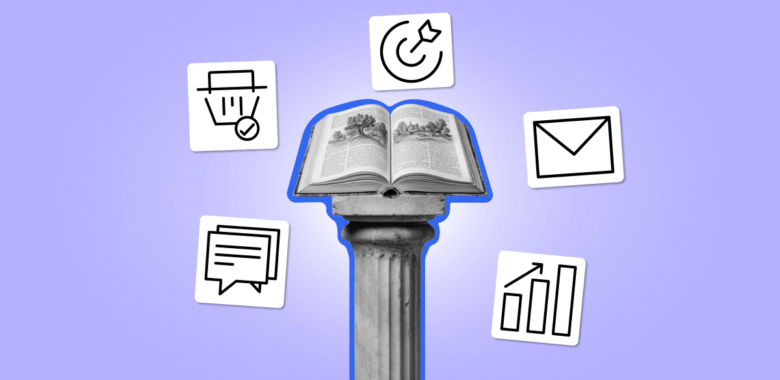Why do marketing campaigns fail?
Sometimes, even the most promising ideas crash and burn, leaving marketers scratching their heads and asking, “Where did we go wrong?” The reasons can be as varied as the campaigns themselves, but they often circle back to a few common pitfalls:
- Unrealistic expectations. Setting your marketing goals too high can lead to disappointment.
- The lack of budgeting. Without adequate funds, a campaign might not reach its full potential, lacking in reach and impact.
- Customer experience troubles. If the process of making a purchase is as complicated as solving a Rubik’s cube, expect customers to head elsewhere, even in spite of all your marketing efforts.
- Wrong positioning and messaging. Your brand’s message only resonates when it aligns with your audience’s, your marketing personas’ expectations and values.
- Audience misunderstanding of the campaign. Sometimes, despite a brand’s best efforts, people misinterpret the advertising, warranting an apology and a reassessment of the approach.
And that’s just to name a few. But remember, every marketing fail, whether it’s by a startup owner or a big business, is unique and teaches us something new. Each mistake has its own story that can show us what not to do. Let’s take a closer look at some big brands’ marketing mess-ups to see exactly where things went wrong and how to keep our business from making the same mistakes.











